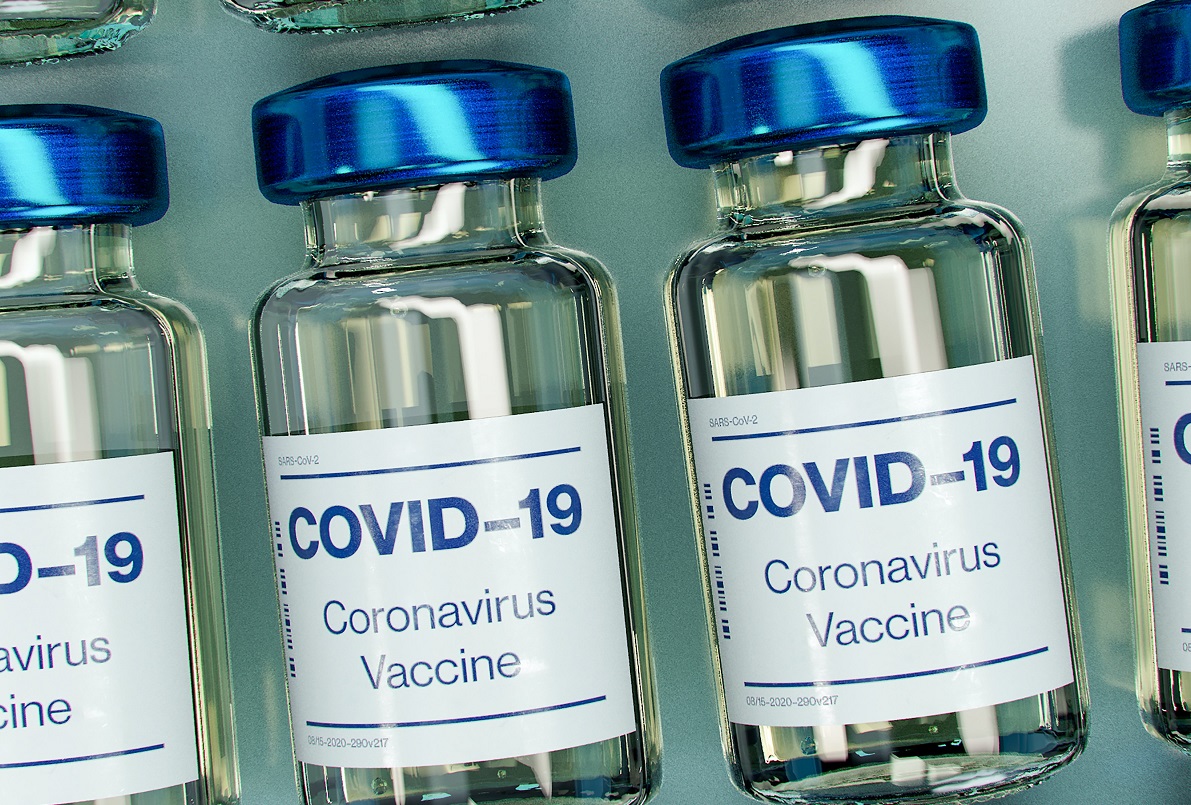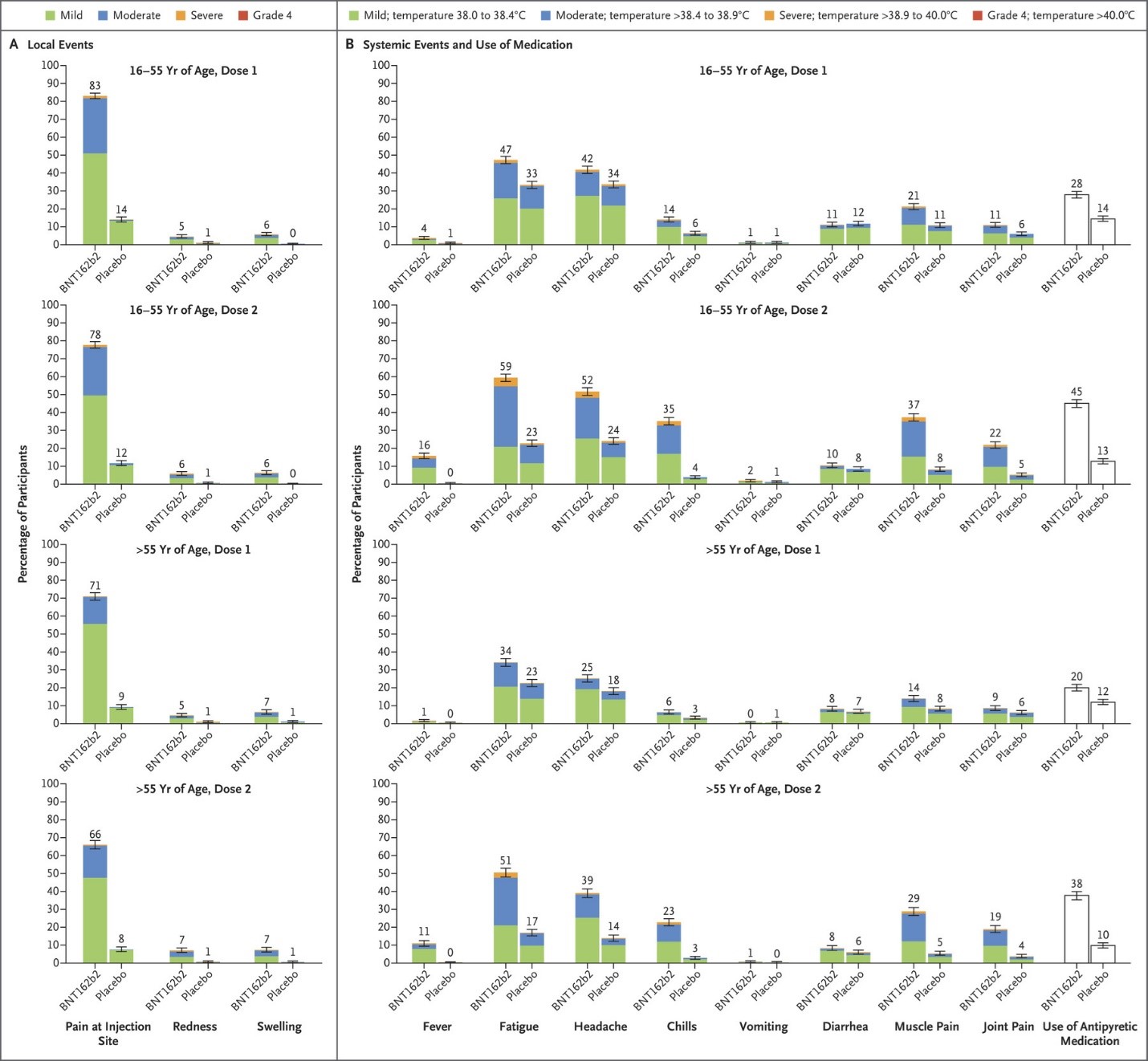Coronavirus Vaccine and FAQs about their Use
The abundance of vaccines is causing uncertainty among stakeholders. Currently, two vaccines are authorized and recommended to prevent COVID-19 while multiple vaccines are still being developed and tested.

The year 2020 was one of the most unpleasant years for most of the people alive today. The coronavirus that started in the closing months of 2019 spread worldwide turning into a pandemic and taking over two million deaths so far. Some untiring efforts in various parts of the world to develop an effective coronavirus vaccine have begun to demonstrate notable results.
However, the abundance of vaccines is causing uncertainty among stakeholders. This article shares all the notable types of coronavirus vaccine and a set of frequently asked questions about vaccines being developed all around.
Currently, two vaccines are authorized and recommended to prevent COVID-19:
- Pfizer-BioNTech COVID-19 vaccine
- Moderna’s COVID-19 vaccine
Multiple COVID-19 vaccines are also still under development. Large-scale (Phase 3) clinical trials are in progress or being planned for two additional COVID-19 vaccines in the United States.
Leading Vaccines Around the World
| Developer | How It Works | Phase | Status |
|---|---|---|---|
| Pfizer-BioNTech | mRNA | 2/3 | Approved in Saudi Arabia and other countries. Emergency use in U.S., E.U., other countries. |
| Moderna | mRNA | 3 | Emergency use in U.S., E.U., other countries. |
| Gamaleya | Ad26, Ad5 | 3 | Early use in Russia. Emergency use in Belarus, other countries. |
| Oxford-AstraZeneca | ChAdOx1 | 2/3 | Emergency use in Britain, India, other countries. |
| CanSino | Ad5 | 3 | Limited use in China. |
| Johnson & Johnson | Ad26 | 3 | Insufficient information. |
| Vector Institute | Protein | 3 | Early use in Russia. Emergency use in Belarus, other countries. |
| Novavax | Protein | 3 | Insufficient information. |
| Sinopharm | Inactivated | 3 | Emergency use in Egypt. |
| Sinovac | Inactivated | 3 | Limited use in China, Indonesia. |
| Bharat Biotech | Inactivated | 3 | Emergency use in India. |
Signup today and find a doctor near you
FAQs on coronavirus vaccine
- Should I get vaccinated even if I recovered after contracting the virus?
COVID-19 vaccination should be offered to you regardless of whether you already had COVID-19 infection. You should not be required to have an antibody test before you are vaccinated.
However, anyone currently infected with COVID-19 should wait to get vaccinated until after their illness has resolved and after they have met the criteria to discontinue isolation.
Additionally, current evidence suggests that reinfection with the virus that causes COVID-19 is uncommon in the 90 days after initial infection. Therefore, people with a recent infection may delay vaccination until the end of that 90-day period if desired.
- Can the COVID-19 vaccine be administered to pregnant women?
The American College of Obstetricians and Gynecologists (ACOG) recommends that COVID-19 vaccines should not be withheld from pregnant individuals. It is important to note that the COVID-19 vaccines currently available have not been tested in pregnant women, so there is no safety data specific to use in pregnancy. Pregnant women should make an informed decision after discussing with their healthcare provider.
- Can the COVID-19 vaccine be administered to children?
The COVID-19 vaccine is not indicated for children younger than 16 years old at this time.
- After getting a COVID-19 vaccine, will I test positive for COVID-19 on a viral test?
No. Neither the recently authorized and recommended vaccines nor the other COVID-19 vaccines currently in clinical trials in the United States can cause you to test positive on viral tests, which are used to see if you have a current infection.
If your body develops an immune response—the goal of vaccination—there is a possibility you may test positive on some antibody tests. Antibody tests indicate you had a previous infection and that you may have some level of protection against the virus. Experts are currently looking at how COVID-19 vaccination may affect antibody testing results.
- How Long will Immunity last after Covid-19 vaccination?
We do not know how long protection will last following vaccination. But further information from ongoing clinical trials will become public over time. In comparison, immunity to two similar coronaviruses, SARS and MERS, lasted at least 3 years.
- Do I Need to take precautions like wear a mask even if I have received 2 doses of the vaccine?
Yes. While experts learn more about the protection that COVID-19 vaccines provide under real-life conditions, it will be important for everyone to continue using all the tools available to us to help stop this pandemic, like covering your mouth and nose with a mask, washing hands often, and staying at least 6 feet away from others. Together, COVID-19 vaccination and following CDC’s recommendations on Covid-19 protection will offer the best protection from getting and spreading COVID-19. Experts need to understand more about the protection that COVID-19 vaccines provide before deciding to change recommendations on steps everyone should take to slow the spread of the virus that causes COVID-19. Other factors, including how many people get vaccinated and how the virus is spreading in communities, will also affect this decision.
- Does immunity from getting infected last longer than vaccine?
The protection someone gains from having an infection (called natural immunity) varies depending on the disease, and it varies from person to person. Since this virus is new, we don’t know how long natural immunity might last. Current evidence suggests that reinfection with the virus that causes COVID-19 is uncommon in the 90 days after initial infection.
Regarding vaccination, we won’t know how long the immunity offered by the coronavirus vaccine lasts until we have a vaccine and more data on how well it works.
Both natural immunity and vaccine-induced immunity are important aspects of COVID-19 that experts are trying to learn more about, and CDC will keep the public informed as new evidence becomes available.
- Side-Effects of Covid-19 Vaccine
Long-Term – According to experts there are no long term side effects anticipated. If any they would have been seen within 6 months.
Short-Term – The following infographic shows the reactions within 7 days as published in one of the recent peer-reviewed articles.

We need some time to determine more reactions/side-effects as the vaccine is being injected to a wider and diverse group of people.
The specialists at mHospital are always there for you to answer any uncertainties. You can find a doctor near you or see a doctor online via mHospital mobile doctor app. Schedule today for consultation or diagnosis.





